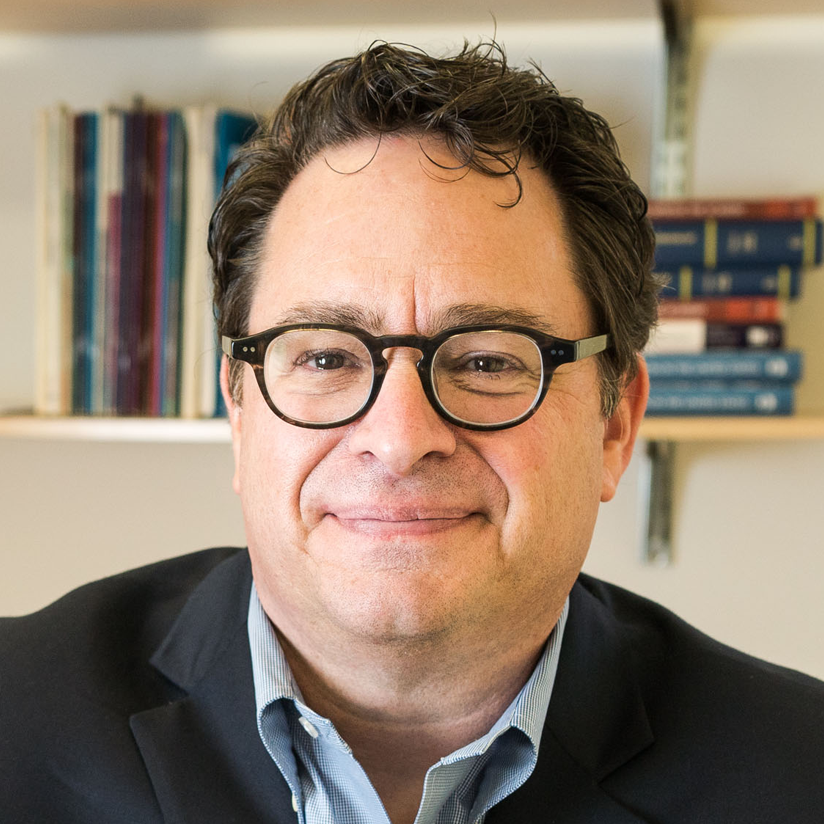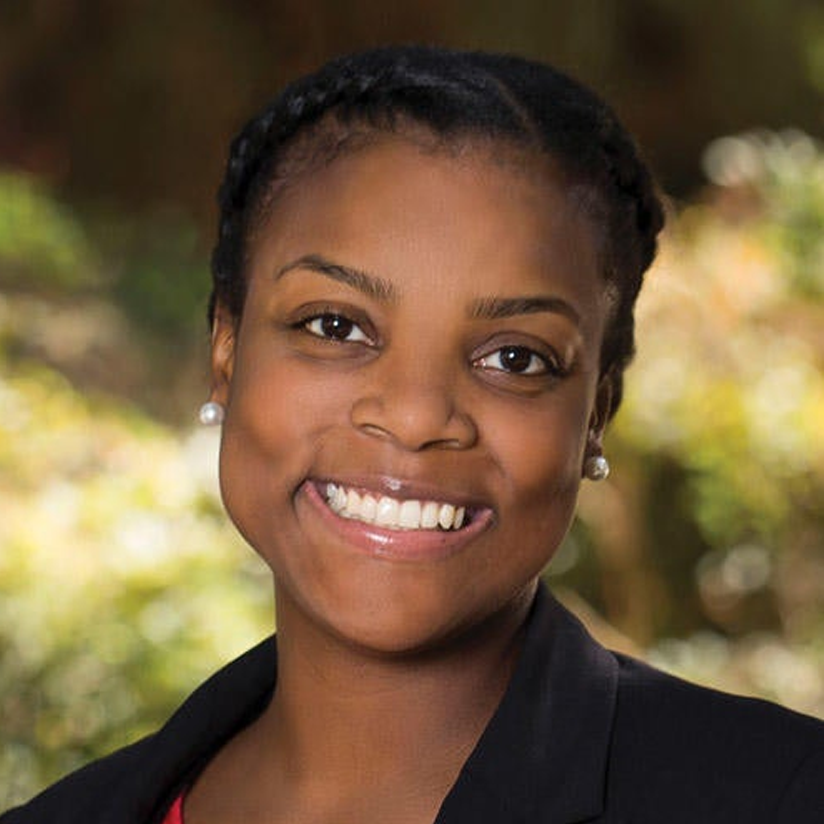“A board of trustees … is to satisfy itself that the university remains consistent with its historic mission, and which is to act as the detached and impersonal overseer of the life of a university not only need not be representative of and responsible to the internal and external constituencies of the university, but may have to be shielded and shield itself from such constituency pressures. At any rate, it must be autonomous from them.”
November 6, 2025 | 12:30 PM - 2:00 PM (Eastern)
Join this virtual colloquium to better understand:
Today’s complex landscape, including the external pressures, political dynamics, and financial challenges shaping board governance at Ivy+ institutions.
What these pressures mean for boards and how they are navigating issues of free speech, institutional independence, public trust, maintaining the mission, etc.
The relationships between boards, presidents, and senior leadership, and the various styles of engagement that exist at Ivy+ institutions.
The essential and evolving role of faculty leaders in today’s environment and how they can effectively engage with institutional governance at Ivy+ institutions.
ARRIVE TO ENGAGE
Essential knowledge:
Improve your knowledge about your own university’s trustees by following the prompts at the bottom of this page.
Illuminating readings:
“Predicting the Governance Future“ (Inside Higher Ed)
“Trustees and Professors: So Often at Odds, So Much Alike” (Chronicle of Higher Ed).
Colloquium Leaders
Peter Eckel, Ph.D.
Senior Fellow and Director of Leadership Programs, Penn AHEAD; Co-Director, Penn Project on University Governance, University of Pennsylvania [full bio]
Raquel Rall, Ph.D.
Associate Professor and Associate Dean of Strategic Initiatives in the School of Education at the University of California, Riverside; Director, Center for Strategic & Inclusive Governance [full bio]
Ivy+ FAN Virtual Colloquium:
Trustees & Presidents
Dialogues for Ivy+ faculty who want to understand how their universities work and the roles faculty can play in helping them work better.
Better Know Your Board: What Every Faculty Member Should Know
ABOUT THE BOARD
A. How large is your board?
B. How often does the board meet?
C. What are the board’s committees?
D. Do faculty or students from your own university serve on the board? Do they have full voting rights?
E. long are individual board terms and are they the same for all trustees or vary? Are there term limits? Age limits?
ABOUT THE TRUSTEES
A. Who are the types of people who serve on your board? What is the profile of the “typical” board member? What percentage are alumni? Any higher education “insiders” (faculty, administrators, etc.) on the board? Big donors?
B. Who is the board chair, what is that person’s relevant background and how long have they served as chair?
ABOUT THE CHALLENGES
A. What information can you find easily about your board? What information seems to be a mystery?
B. If you can find out or guess at, what are the two most significant issues the board has discussed this past year? What is one insignificant issue the board has discussed this past year?


